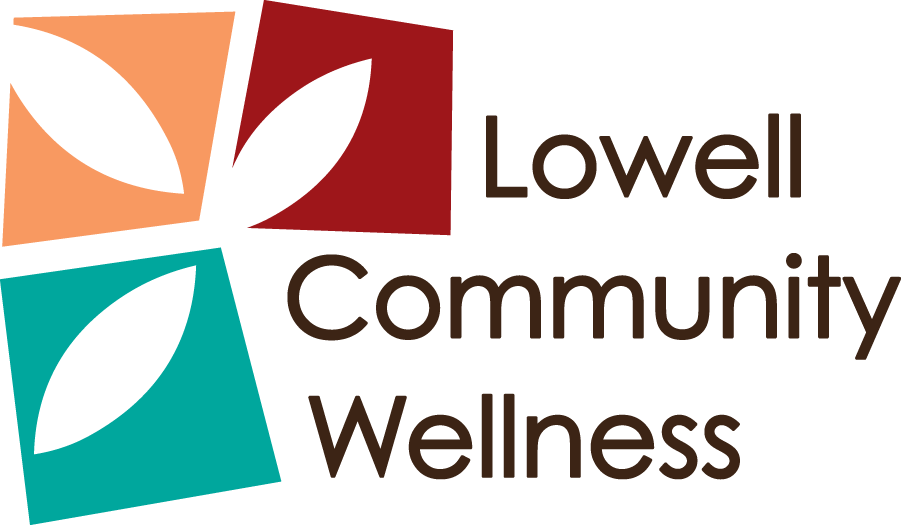World Mental Health Day - “Our Minds, Our Rights"
- Melissa Spino
- Oct 13, 2023
- 3 min read

Did you know that October 10th was World Mental Health Day?? This year the focus was on “Our minds, our rights." The goal is to raise awareness about mental health (MH) and that “everyone’s mental health is a universal human right.” Yet, there are still many challenges for those needing MH care. It can be difficult to find care as most practices are close to full so it can take weeks to get an appointment. Costs for mental health care have also steadily increased. Some therapists don’t take insurance or have limited the insurance they accept. Some issues such as couples counseling are often not covered under MH insurance. This makes it difficult for some to afford MH care.
While mental health is less stigmatized than in it has been in the past, we still have a long way to go. We know that our MH is just as important as our physical health. Our MH can negatively or positively affect our physical health and vice versa. Both are essential for our overall wellness and well-being. Yet 1 in 8 people worldwide are living with a MH condition which can affect every part of their life from relationships to their ability to earn a living. According to Health.com MH conditions such as anxiety, depressive disorders, substance-related issues, and sleep problems in the U.S. are worsening. So, there is an increase in those living with mental and emotional distress. According to the CDC, adolescent MH also continues to worsen. According to Health.com (https://www.health.com/condition/depression/8-million-americans-psychological-distress) possible reasons for worsening mental health in the US include social media use, isolation and loneliness, and a lack of access to care.
What can you do?
Someone struggling with a mental health issue(s) may feel alone and isolated. Being there for them can be extremely helpful. But it’s important to know some do’s and don’ts.
Helpful things you can do:
· Check in with them and let them know you are available to listen and provide support. If
someone is struggling with anxiety or depressive symptoms support can include helping
with household chores, shopping, or just being with them so they are not alone.
· If they want to talk, spend some one-to-one time. Listen and talk in a distraction free
place and in a non-judgmental and open way. Opening up and being vulnerable is not
easy.
· Focus on open ended questions. It’s ideal to let the person struggling with a MH issue
do the majority of the talking. If you need to ask a question keep it open-ended using
neutral, non-judgmental language.
· Discuss self-care. Talk through what makes them feel less stressed or feel better. Is
there anything you can offer to do with them that may help them feel motivated to focus
on self-care? IE: going for a walk. Avoid pushing. Just offer support and companionship.
· If they continue to struggle offer to help them find a counselor or other type of support.
Be sure to let them make their own health care decisions.
· Do what you can but know your limits. It can be easy to fall into caretakers mode. Keep
healthy boundaries in place and practice your own self-care.
Things that are not so helpful:
· Don’t push. Let them share what they want without feeling pressured.
· Avoid being an arm chair therapist. When talking don’t lead the discuss, advise, or label
their behaviors or feelings. Avoid offering solutions, making assumptions, or challenging
their feelings. Unless you have specific counseling training you may be leading them in
the wrong direction. Leave counseling to the professionals!
· Don’t be judgmental or tell them how they should feel or react.
· Don’t say I know how you feel because you really don’t. Even if you had a similar
experience, how they feel and react will be different. Why? Because their life
experiences, worldviews, values, and perspectives are different from yours. So, while you
may have experienced something similar, how they feel and react is most likely going to
be different from yours.
Finally, don’t take it personally if they don’t want to talk. They may have many reasons for not wanting to open up to you that actually have nothing to do with you.
Takeaways
Someone with a mental health condition should not be excluded from decisions about their health and care, discriminated against, or treated as “less than” anyone else. Yet, this is still happening. As a community we can step up. Providing a little of your time to someone that is struggling is priceless to them.
If you are struggling please reach out for help. You don’t have to face your struggles alone. If you are in crisis call 988 or 911. This article is intended to be informational only and is not intended to diagnose, provide advice, or treat. Be safe and well!
Melissa Spino MA LPC CDMS
Founder and Therapist at Life Transitions Therapy LLC
Phone: (616) 238-2116






Comments